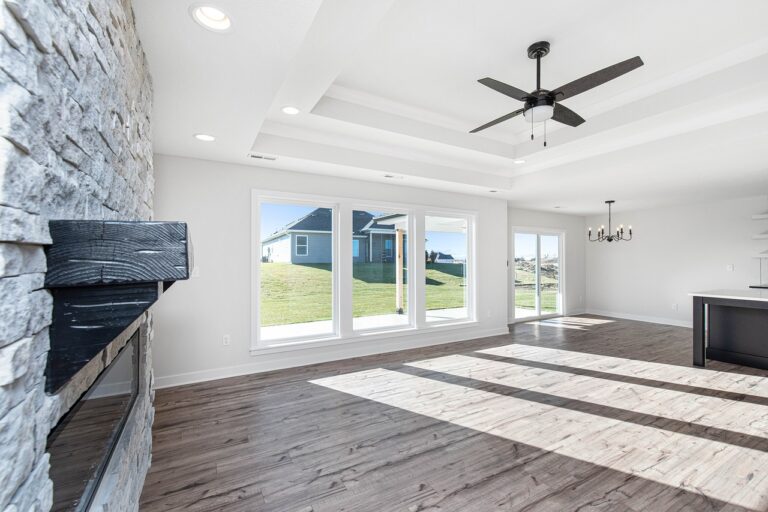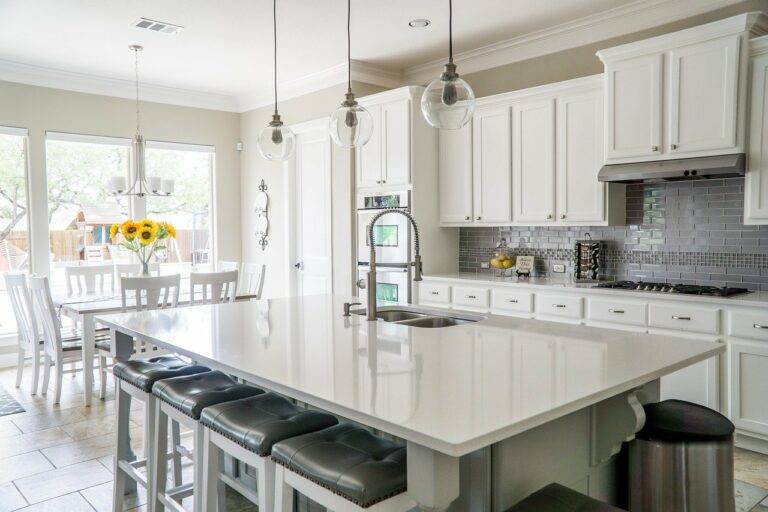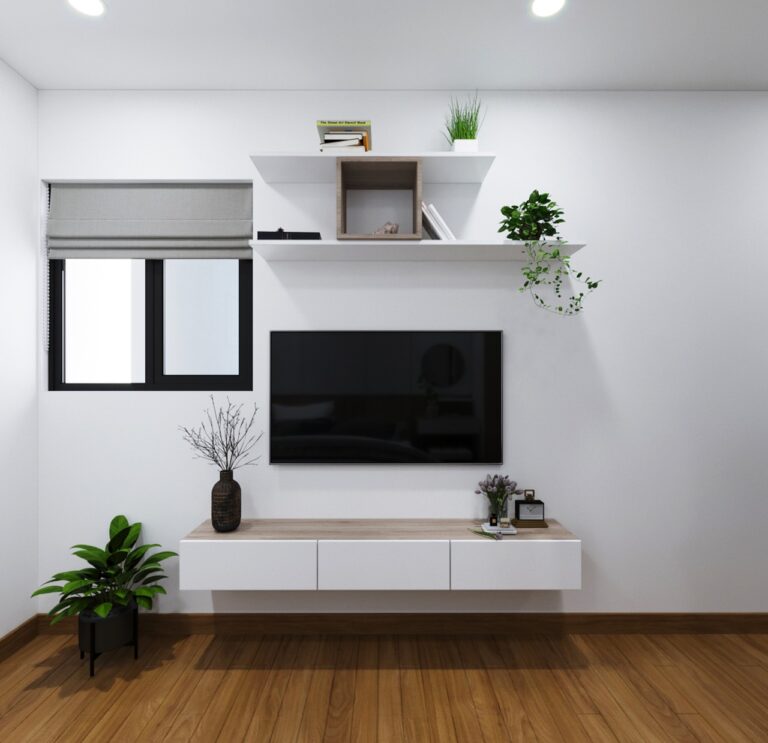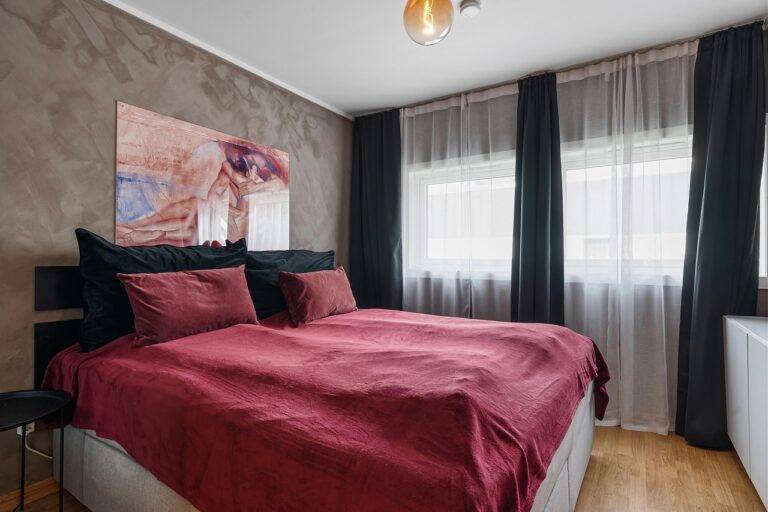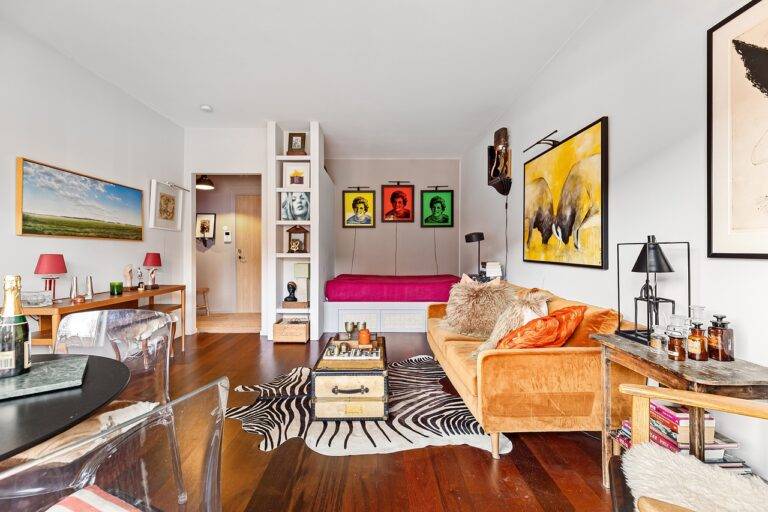Designing a Home Theater: Tips for Creating an Immersive Entertainment Space
When designing a home theater, it is essential to carefully consider the layout of the room. The placement of furniture, speakers, and audiovisual equipment should be strategically planned to create an immersive viewing experience. Additionally, factors such as room dimensions, lighting, and acoustics play a significant role in optimizing sound quality and visual performance.
Another key consideration in home theater design is selecting the right audio and video equipment that suits your space and viewing preferences. It is essential to choose high-quality speakers, amplifiers, and audio receivers to achieve optimal sound output. Similarly, selecting a high-resolution projector and a screen size that is proportionate to the viewing distance can significantly enhance the overall viewing experience in your home theater.
Choosing the Right Location for Your Home Theater
When determining the location for your home theater, consider the size and layout of the room. A larger room allows for more seating options and speaker placement, while a smaller room may limit these possibilities. Additionally, the shape of the room can impact the acoustics and overall viewing experience. Ideally, choose a square or rectangular room with minimal obstructions to create the best sound and visual quality.
Natural light can significantly affect the viewing experience in a home theater. Avoid rooms with large windows or choose window treatments that can block out light effectively. If natural light cannot be completely eliminated, consider installing blackout curtains or shades to control the light levels during movie nights. Optimal viewing conditions depend on the room’s lighting, so it’s crucial to address this aspect when selecting the right location for your home theater.
Selecting the Perfect Screen and Projector
When it comes to creating the ideal home theater experience, the selection of the screen and projector plays a crucial role. The screen size should be determined by the viewing distance and room size to ensure optimal visuals. Consider investing in a high-quality screen that provides a smooth and immersive viewing experience with minimal distortion.
In addition to the screen, choosing the right projector is essential for achieving high-quality image resolution and brightness. Look for a projector that is compatible with the screen size and resolution requirements of your home theater setup. Opt for a projector with sufficient lumens to ensure a bright and clear image even in a dimly lit room.
• When selecting a screen for your home theater, consider the viewing distance and room size
• Invest in a high-quality screen to minimize distortion and provide an immersive viewing experience
• Choose a projector that is compatible with the screen size and resolution requirements of your setup
• Opt for a projector with sufficient lumens for bright and clear images even in dim lighting conditions
What factors should I consider when selecting a screen for my home theater?
When choosing a screen for your home theater, consider the size of the room, viewing distance, ambient light, and the type of projector you will be using.
How do I determine the appropriate screen size for my home theater?
The screen size should be determined by the viewing distance and the resolution of the projector. A general rule of thumb is that the screen should take up approximately 40 degrees of your field of vision.
What are the different types of projector technologies available for home theaters?
The most common types of projector technologies for home theaters are DLP (Digital Light Processing), LCD (Liquid Crystal Display), and LCoS (Liquid Crystal on Silicon). Each technology has its own advantages and disadvantages.
How do I know which projector is right for my home theater?
Consider factors such as the size of the room, ambient light, desired image quality, and budget when selecting a projector for your home theater. It is also important to compare the specifications of different projectors to find one that meets your needs.
Can I use a regular TV instead of a projector for my home theater?
While a regular TV can be used for a home theater setup, projectors generally offer a larger screen size and a more immersive viewing experience. It ultimately depends on your preferences and budget.


